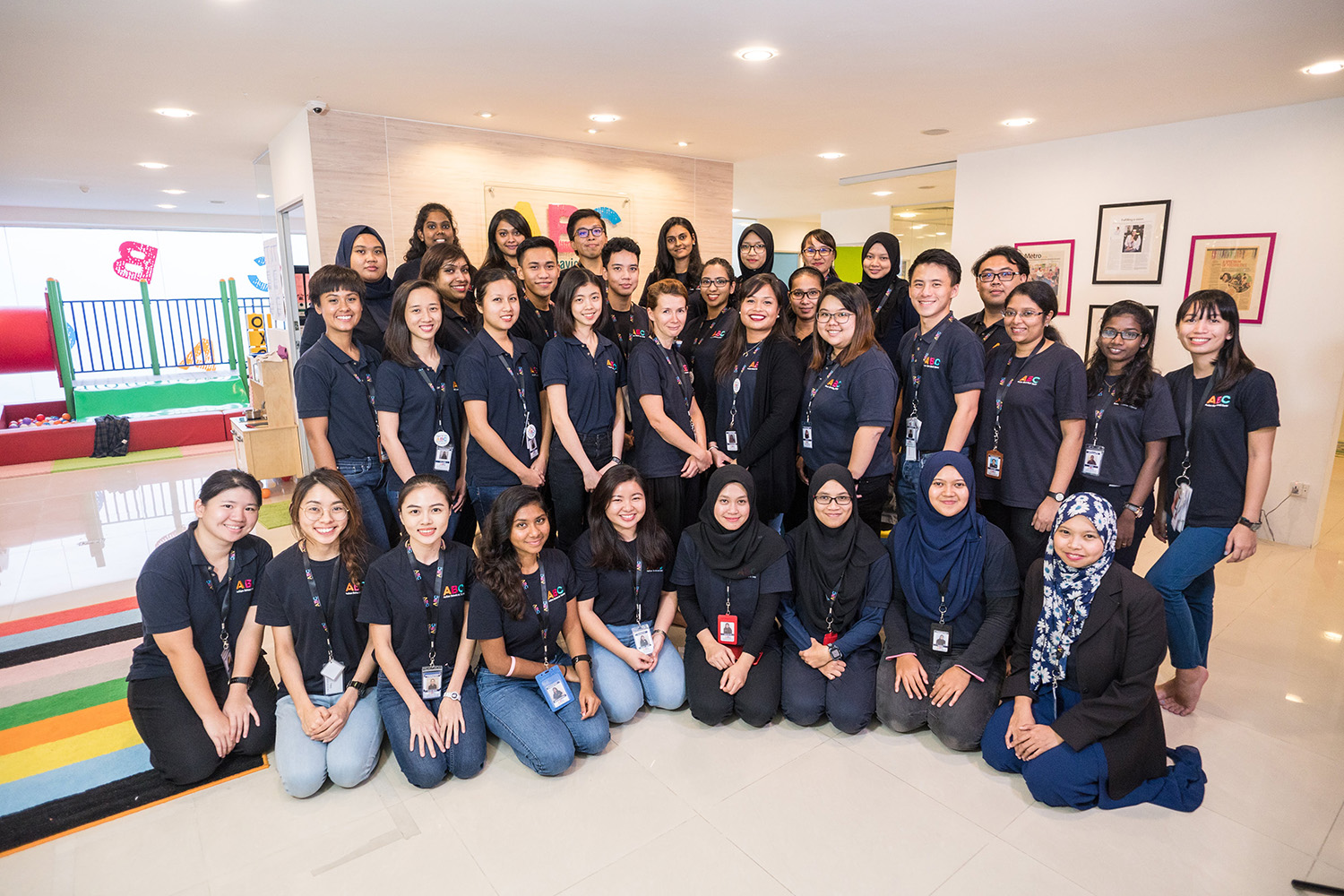
Autism or Autism Spectrum Disorder (ASD) has been highlighted over the years, primarily due to the variety of challenges faced by individuals on the spectrum and their families. Additionally, there is continuing debate on what causes autism, as well as on effective treatment for it. What we do know is that autism is a spectrum condition. All autistic people share certain difficulties, but being autistic will affect them in different ways. All people on the autism spectrum learn and develop. With access to quality, evidence-based early intervention, children on the spectrum can grow to be fully functioning adults, enjoying life and contributing to society.
Autism is a neurodevelopmental disorder that affects:
• Language and Speech: Children with autism exhibit a delay in speech or no speech development;
• Rigid interests or repetitive behaviors: Over-interest in specific topics, and repetitive behaviors such as hand-flapping, spinning, lining items up, and obsession over inanimate objects;
• Socialization: General struggles in socializing with peers, or a preference to play alone There are three clinical levels of autism, Level 1 (mild), Level 2 (moderate) and Level 3 (severe). Data over 40 years implies and has shown that early identification, early intervention, and intensive intervention (30 42 hours a week) improves a child’s quality of life drastically, and 50% of children are able to re-socialize back into mainstream academia successfully after 2-3 years of intensive intervention.
Current statistics on the prevalence of autism suggest that 1 in every 68 children in the US is born with autism. In Malaysia, the number born with autism is approximately 9,000 per year. Autism affects more boys than girls. In every five children that are diagnosed, four are boys.
And as to what causes autism, there have been many theories – conspiracy and otherwise – but essentially, there is no evidence to date which points to a specific cause for autism, though current research suggests that genetics and environmental factors play a role.
The Autism Behavioral Center, ABC, was established in 2016 and conceived with the objective of bringing international standards and high-quality support and supervision in ABA (applied behavior analysis) therapy to Malaysia. There is a significant lack of trained therapists in Malaysia, particularly in the method of ABA therapy, which is currently considered the ‘gold standard’ in autism treatment due to its success in reintegrating a child back into school and society, backed up with over 20 studies to prove the method’s effectiveness and success in developing a child’s skills.
ABC continues to prove the highest quality in services, primarily providing intensive ABA therapy addressing speech delays, social and communication challenges as well as addressing maladaptive and disruptive behaviors. Additionally ABC implement international standards of assessments (Verbal Behavior Milestones Assessment and Placement Program, or VB-MAPP), reports and supervision from a Board-Certified Behavior Analyst (BCBA). ABC also reaches out to the vast majority of families by providing free autism workshops in schools, free autism screenings, and working alongside Malaysia Airports as the official trainer for ground staff for the “Butterfly Effect Initiative.”
ABC aims to be a home-grown name in autism intervention and treatment, opening soon in every state in Malaysia. It primarily supports individual with Autism, as well as children with learning difficulties and behavioral difficulties, primarily children with ADHD, speech delay, social and behavioral challenges.
"ExpatGo welcomes and encourages comments, input, and divergent opinions. However, we kindly request that you use suitable language in your comments, and refrain from any sort of personal attack, hate speech, or disparaging rhetoric. Comments not in line with this are subject to removal from the site. "


